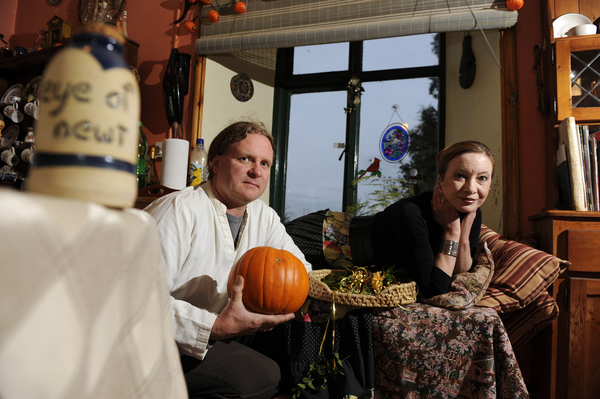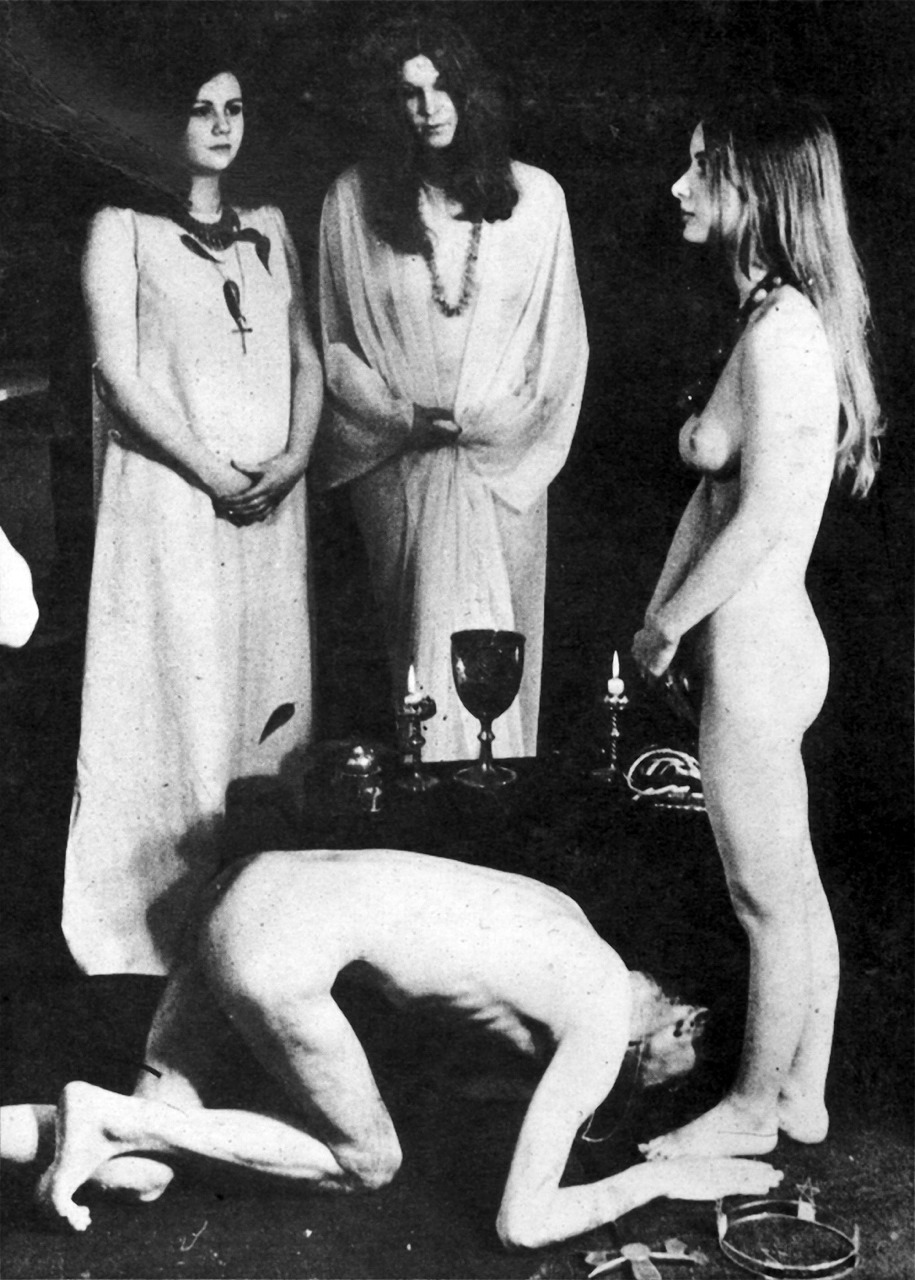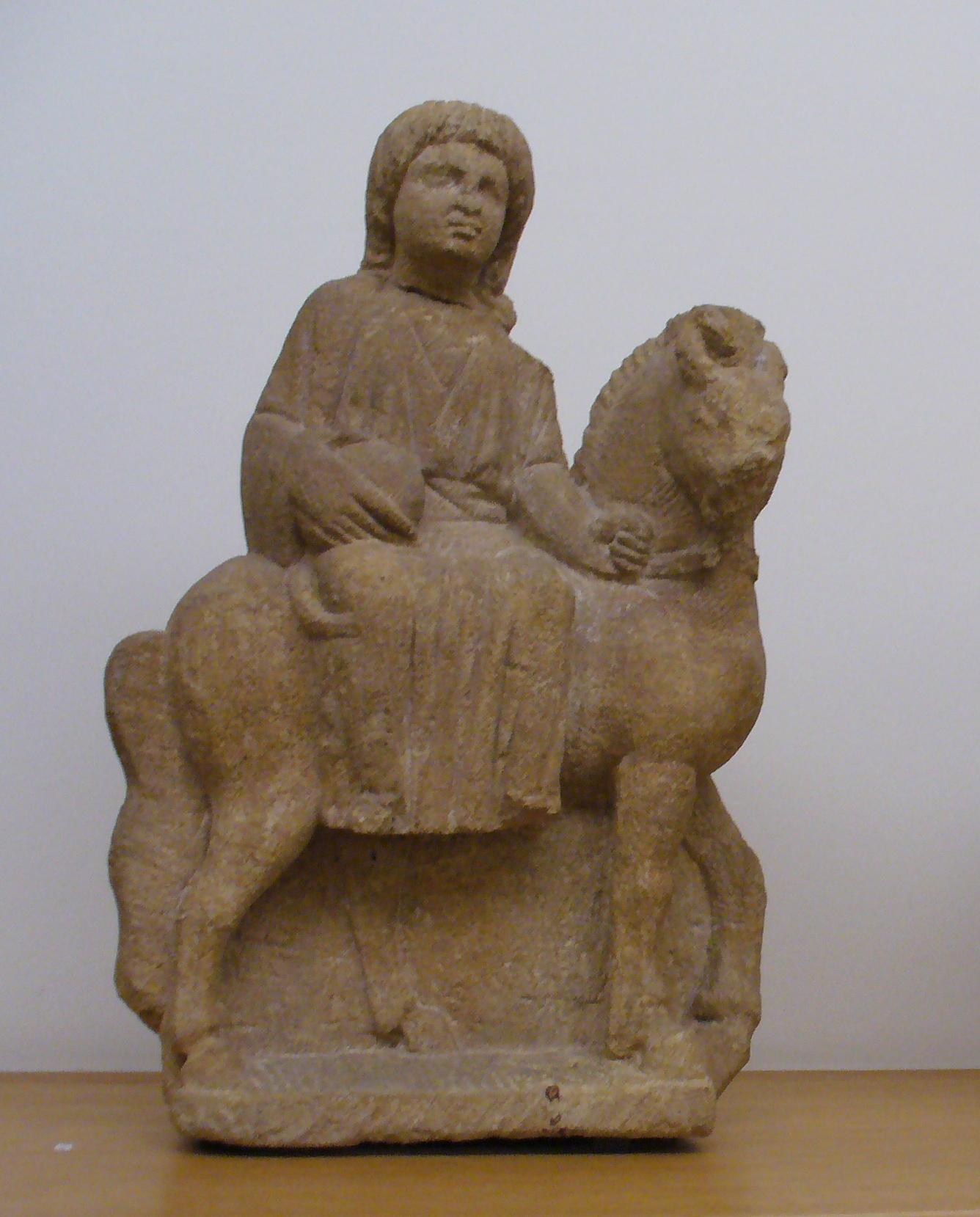Midsummer 2018 Newsletter
Centre for Pagan Studies & Doreen Valiente Foundation
“Sun Dance” By Geraldine (Gera) Lambert
Introduction
Greetings!
Midsummers greetings to all, this season's newsletter has taken a different format, with contributions from many artists, writers, storytellers and poets. We hope you enjoy the content herein.
While we prepare our own rituals and celebrations for the longest day and the warming of the sun towards the harvest, we think of our various projects and relationships strengthening and coming to fruition. We are delighted to share our news with you.
The Doreen Valiente Foundation Trustees have been hard at work and finally we have sifted through all the documentation necessary to become recognised as a Registered Charity - we proudly announce this and our number is 1178528 and the Charity Commission can be found here:
Since the excellent exhibition we did in 2016 in collaboration with Royal Pavilion and Museums Brighton we have continued to work with them, and have had access to their curatorial experts, who have been looking over our paper archive and helping us to maintain it in a good condition.
Our work continues with them and we are still hoping to collaborate with accredited venues including Brighton on further exhibitions.
New Book Release
A must-have for your book shelves. A previously unpublished book by Arnold Crowther with original drawings by the author, Witchcraft and the Scots “Using extensive research into witchcraft court cases and folkloric tales, Arnold Crowther takes us on a thought-provoking journey through centuries of Scottish witchcraft and witch belief. From Mary Queen of Scots, who brought witchcraft to the fore in Scotland, right up to Aleister Crowley, notorious magician of the twentieth century, Crowther guides us through the most notable cases of Scottish witchcraft and magic.”
Upcoming Talks
We are delighted to announce the talk “
Narrative Magic And Magical Thinking” by Richard Levy (CFPS speaker)
. The talk, hosted by the Children Of Artemis West Sussex, on August 14 at Sompting Village Hall, West Sussex, promises to be very interesting and inspiring, tickets are free but you have to book. Here’s the link for tickets:-
https://www.ticketsource.co.uk/coa-mid-sussex-pagans
Speakers and Mini Exhibition
We now have a good selection of speakers who are available to speak on behalf of the CFPS and the DVF at your function/event. We can provide a mini exhibition of some of Doreen Valiente’s most tiny treasures, to go with it. Please let us know if you are thinking of hosting an event (in the UK for now) and would like our speakers to attend.
What’s Your Story?
Membership and Subscriptions
Best witches!
Julie Belham-Payne
Poem - Summer Solstice by Elaine Hindle
“The sun has reached its Zenith
And Casts a Golden Glow over the fields of ripening corn
Languid days without a breath of air as the heat rises
The sweat trickling down my collar
Too hot for toil
Even the birds are silent sheltering under the cool branches
The day wears on and the sun in the heavens is relentless
We pray for the cool of evening the lengthening shadows
Of purple hues as the fiery orange ball sinks slowly in the west
Down in a last glorious hurrah of a sunset painting the sky like a furnace
Flickering flames of orange and red dying down into purple deepening embers
A farewell to the day as the coolness of the night beckons on and the first pale star is seen beyond the horizon
The Solstice has gone the bright days of majesty imperceptibly will wane
slowly the days will shorten and the blaze of glory will be a pale reflection of its former power. “
Art from Portugal Triptych - by Filipa Silva
The Three Following Pictures can be seen as a Tryptych if laid side by side.
Storytelling with Richard Levy
The Water Mage
“ ……..Many years ago the in West, mighty Ogres fought with the world of men. Many a great King or Queen fell to these monsters then the day The Ogres attacked the Kingdom of Serret.
The King fought back with the might of his armies and whilst we was able to hold the monsters back, the price of this was the blood of his men and it would only be a matter of time before the Ogres overwhelmed the Kings army.
The king decreed that any who could end this war or fight back with a strength that could hold the Ogres off forever could have half the kingdom.
In the far west of Serret lived Heneth, the Untroubled. He wore a simple grey robe, old and ragged. He was mostly ignored; people came to him for healing, as his knowledge of herb craft was great.
He provided for himself, the people who saw him had little and he asked for nothing in return. Though they spared him what they could.
He lived in a simple cottage where a river ran on one side, the River was known as The Parnak-glen, which meant 'Serpent's eye' in the ancient glyphs of Rhudan. The river provided so much for him and in his gratitude he helped keep it clean and sang to it.
It was on this day that a young thrush flew to Heneth and told him of the Kings decree. He gave the thrush some seeds and smiled. Standing on a bridge that stretched over the river he said: 'did you hear that my friend? It seems we are at war and our king is desperate. He offer half his kingdom for an answer'
For the first time the river spoke back.
Whilst Heneth was somewhat elated he was not overly surprised, for in time and with trust bird, beast and plant had spoken to him. It was thought this he knew how to heal and hunt, it was how he knew the secrets of leaf and root and other philosophies that many would not think a commoner could grasp.
For someone who spoke little he was able to communicate with more than most.
The river said 'Dear Untroubled one, you who have been so kind to me I am more than happy to show you such kindness. You must walk to the boundary of the Ogres camp and on the hill you will find a standing stone. You must ask the rock to call on me and I will come.
So it was that Heneth the Untroubled who felt war was pointless and that all such creatures as him and Ogres need only boundaries rather than battles stood at a hilltop where a small standing stone and waited.
He saw the Ogre camp and that of the King. The King was alerted to a grey figure on the adjacent hill by his men and though Heneth didn't summon them, he had an audience.
Heneth gently placed his hand on the stone and felt its slow pulse and depth; he felt that silence and power that all things have in connection to this power could communicate.
He gently whispered 'Parnak-glen' and the stone felt like it shuddered. Releasing his hand from the stone water came rushing from the West like a giant serpent of water dividing the valley between the camps.
The King and his men looked in shock and elation, the Ogres was less that pleased but they knew a boundary when they saw it. Such power drove them back to their homes in the Northern Mountains.
The King summoned Heneth and gave him thanks
'But you must understand' he said looking at Heneth's modest clothing 'you are not the sort of man who can have half a kingdom'
'Majesty' Heneth spoke gently 'you promised that whoever ends the war will get half the kingdom. It was not myself but the river that did it. I was merely part of its current, it is the river you owe and not myself'.
The King smiled at these words, having no intention to give his Kingdom to any body, including a body of water said he would take that up if he needed too and thought himself clever and lucky to not have to fight to maintain his whole kingdom.
Heneth returned home, but the King had made a promise and the River did not wait to be offered half the Kingdom.
The next day when the King woke he looked outside his Tower to see the castle surrounded by water from all sides, this stretched for miles but had not touched the homes of his people. The river had learned to care for them from Heneth.
A Raven was sent out to summon Heneth who spent several days walking. He refused to ride a horse and by the ninth day arrived at the water's edge, seeing the castle in the distance.
He took a step on the water and his boots did not sink, he walked on the deep waters all the way to the castle, ripples forming in his wake.
'Heneth, you must help' the king insisted
'You tried to cheat the tide, which is a great sin for a king' the king had no choice but to stand in silence being chided by this commoner 'but I will see what I can do'.
Smiling Heneth spoke to the waters.
After an hour the waters shifted and began to twist, they flowed the length of the Kingdom and in time was called The Peneth-shrak (Serpent's tail) which started from the serpents eye (Peneth-glen) on the west near Heneth's cottage and spread.
Heneth came before the king 'The River was once larger and was made small and redirected by people. In saving you it has a claim to land that was once its own. You have your kingdom back and river that can provide trade and travel and nourishment. You must be thankful for this blessing, one that shifted the tides of war and blood and will continue to be a blessing if it is respected.
From that day on the King grew in humility and was known to visit Heneth at times for advise or to sit in silence with him, sometimes joining in when he sung the River.” …….
〜〜〜〜〜〜〜〜〜〜〜〜〜〜〜 〜〜〜〜〜〜〜〜〜〜〜〜〜〜〜
Poem from Portugal - Tribute to Witches Memorial
by Isabel Andrade
MEMORIAL
TRIBUTE
TO THE SOULS OF THE SILENCED SCREAMS
ACCUSED BY INQUISITION
ACCUSED
OF NATURE LOVING!
OF FOUNTAIN AND CLIFF WORSHIPING!
OF STORMS NEVER FEARING!
ACCUSED OF BEING A SIN
TO SING TO THE WIND,
TO GROW CROPS WITH SPELLS
TO DISPEL MISERY WITH SONGS
TO LIVE OF WINE AND REVELRY...
TO THOSE WHO PASSED AWAY
WITHOUT KNOWING HOW COULD LIVING BE A SIN
AND NO MORE COULD READ THE FORTUNE
WHO NO MORE COULD CRY OUT TO THE WIND
WHO NO MORE COULD KEEP DISMAY AWAY
NO MORE DID THE SUN AND THE MOON WORSHIP!
I MAKE THIS TRIBUTE
TO OUR ANCESTORS
WHO PASSED AWAY IN THE GALLOW OR THE FIRE
IN THE NAME OF THE ONE GOD
NAMELESS AND FACELESS.
THE FOUNTAINS WENT SILENT
EXTINGUISHED WERE THE CANDLES ON THE ROADS
THE MOON GODDESS THEY OVERSHADOWED.
AND THE SUN GOD THEY WANTED TO CONCEAL
THEY BURNED THE SACRED FORESTS...
FROM THE THOUSAND NAMELESS VOICES
JUST A FEW STILL REMAIN.
THEIR FAITH THEY DID NOT ABANDON,
AND IN THE TURN OF THE NEW MILLENNIUM
THEY RISE UP AGAIN...
Isobel Andrade 2000 (HPs Lilith) Portugal
Incense Spell (Anonymous donor)
I wrote this spell some time ago inspired by Doreen Valiente’s candle spell. I doubt I’m the first. The point of this spell is to work work with incense in relation to its power over air, travel, speed and words (incantation / utterance). Your spell and messages can travel on the smoke
There is a lot of scope with this you can use your own or various blends of incense or use the one
E.g. frankincense (for cleansing); sandalwood (wish granting) etc
The scope of this is that you are working with herbal powers which you can mix and blends as well as working with flame and air/smoke:
Light your incense and recite:
Herbs that burn mix and combine
Both earthly powers and divine
Aid my spell and incantation
Aid this act of my creation
Fire, smoke and air be free
And conjure power now to me
Spirits of flame and smoke be blessed
Aid my spell and my behest
And thus my wishes come to bear
From root and herb and word and air
*Blend example*
One blend I like to work with: -
Lemongrass: clearing the way
Crow feather/feather: air ; carry spell / messages
Dragons blood: fire, potency
Willow bark: water and moon magic
Rosemary: witch herb
Honeysuckle: earth
Bay leaf / sandalwood: wish granting
Obviously use your own and work with what you e got but there is of course a lot of scope.
Reyn til Runa by Filipa Silva
Poem By Elaine Hindle
The Midsummer Faerie Rade
Come dance around the faery ring
Where all is bright and gay
The music takes you on the wing
As sylvan elves do play
For they are here but for a night
Of rapturous reverie
What wondrous magic they do weave
That ere an eye could see
The myriad colours they do spin
Of gossamer cobweb fair
As light and pure as thistledown
Float on the evening air
The senses reel from nectar sweet
Collected from flower to flower
As the Faery Queen so regal Sits
within her rosy bower
And on the merriment doth flow
On this Midsummer Eve
So caught up in their magic
You'll never wish to leave
But the sun it is arising
Upon a brand new day
The faery revels over
They can no longer stay
You catch the last faint echo
Of laughter as they leave
And you are left wondering
Was that only make believe?
Book Reviews
Stay In Touch!
We hope you have enjoyed the newsletter, if you are on Facebook stay in touch with us by joining our group.























_(7957495588).jpg)